A practical guide to understanding autonomous AI agents, why they matter for healthcare governance, and what to do about them.
The growing ecosystem of devices and products serving peoples’ health and well-being shows us that innovators already see the opportunity to serve the fast-growing market for self-care among people 50 years of age and up.
For nearly twenty years, one thing has felt inevitable: when boomers reach “old age,” senior living demand will surge. And yet ..
ChatGPT Health builds on consumer use of today's ChatGPT so responses are informed by your health information and context.
The prize honors .lumen’s Glasses for the Blind, an AI-based device that applies autonomous driving technology adapted for pedestrians. Using computer vision and local processing, the headset understands the three-dimensional environment in real time without relying on the internet or pre-defined maps and guides the user through subtle vibrations indicating a safe direction to follow.

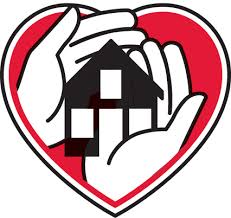 No understatement, these are very difficult times for nursing homes. First off, thousands of residents have died, and
No understatement, these are very difficult times for nursing homes. First off, thousands of residents have died, and 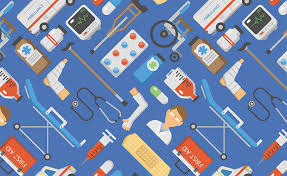 Seniors and technology – change is in the airwaves. In ways that could not have been anticipated six months ago, the technology marketplace (sellers and buyers) for older adults is accelerating in interest level and adoption. And that is likely an understatement. Following the
Seniors and technology – change is in the airwaves. In ways that could not have been anticipated six months ago, the technology marketplace (sellers and buyers) for older adults is accelerating in interest level and adoption. And that is likely an understatement. Following the 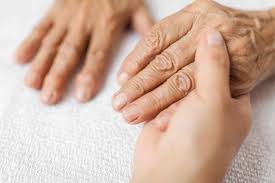 Saving seniors from Covid-19 means worsening isolation. In an article in the NY Times, Paula Span’s title said it all:
Saving seniors from Covid-19 means worsening isolation. In an article in the NY Times, Paula Span’s title said it all: 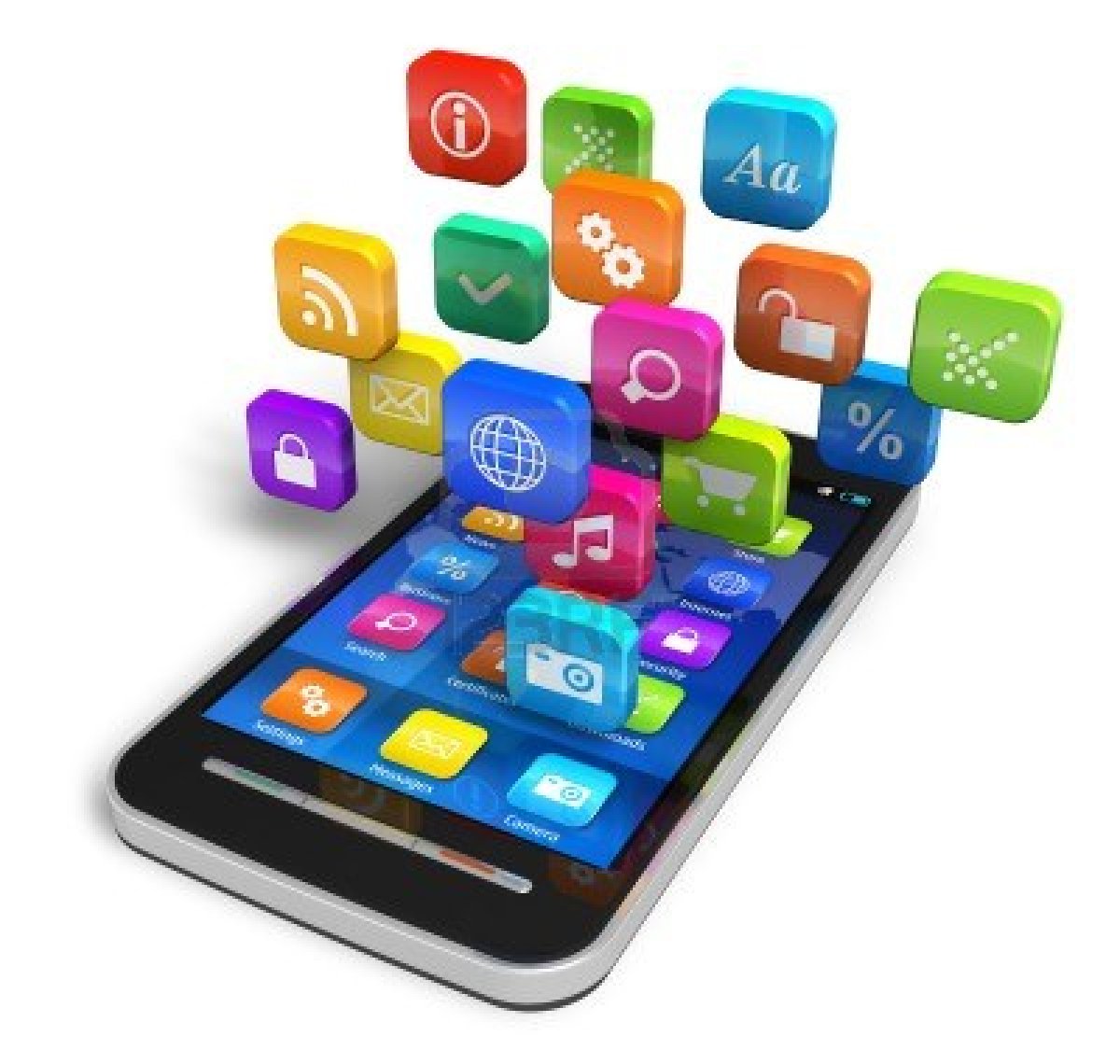 The older adult coronavirus statistics skew toward oldest. There are more than
The older adult coronavirus statistics skew toward oldest. There are more than  Note the wave of announcements of 'free' tech services and sea changes. A number of companies popped into my inbox in the past week with announcements of a period of free access to remote care/engagement technologies – including and in alphabetical order
Note the wave of announcements of 'free' tech services and sea changes. A number of companies popped into my inbox in the past week with announcements of a period of free access to remote care/engagement technologies – including and in alphabetical order  The world is spinning from the events of March 2020. At the beginning of the month, it made sense to publish a Market Overview about tech for older adults that did not link all tech to Covid-19, and by the end of the month every single news item, announced business initiative,
The world is spinning from the events of March 2020. At the beginning of the month, it made sense to publish a Market Overview about tech for older adults that did not link all tech to Covid-19, and by the end of the month every single news item, announced business initiative, 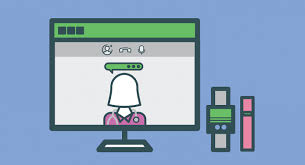 This past week offers updates to services, policy, and practice. Expect more announcements moving forward, but
This past week offers updates to services, policy, and practice. Expect more announcements moving forward, but  The coronavirus pandemic has prompted instant behavior and tech changes. And not just about hand washing and social distancing. For the past two days, it’s apparent that the seemingly forever slow growth of telehealth adoption has entered a new, “When can I have that? Yesterday?” phase. This applies to caring for and treating the 2.5 million in senior living communities, including nursing homes. Some senior living providers have been ahead of the game for some time with telehealth, like
The coronavirus pandemic has prompted instant behavior and tech changes. And not just about hand washing and social distancing. For the past two days, it’s apparent that the seemingly forever slow growth of telehealth adoption has entered a new, “When can I have that? Yesterday?” phase. This applies to caring for and treating the 2.5 million in senior living communities, including nursing homes. Some senior living providers have been ahead of the game for some time with telehealth, like  Consider the directives aimed at senior living communities. Rant on. The
Consider the directives aimed at senior living communities. Rant on. The